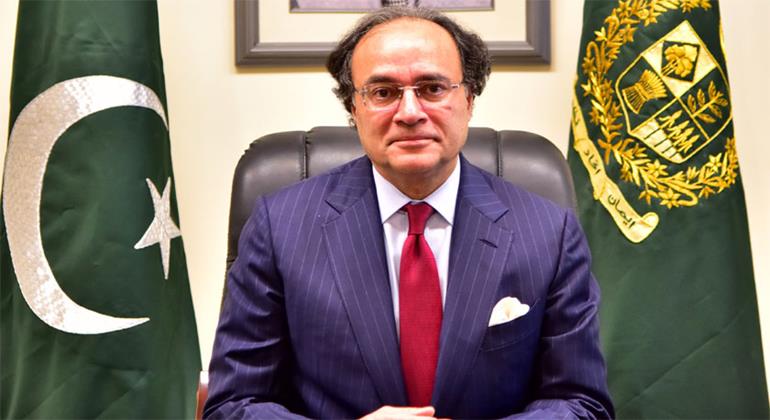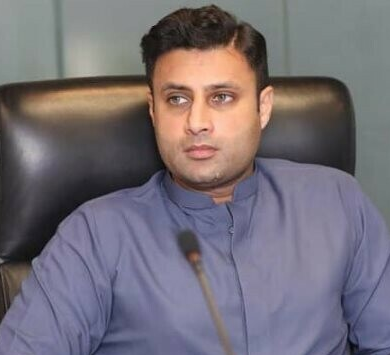The second and final review of Pakistan’s $3 billion standby arrangement with the International Monetary Fund (IMF) commenced on Thursday, as the finance ministry and an IMF delegation convened for discussions.
Having announced the four-day review a day prior, the ministry expressed optimism for a successful IMF staff-level agreement, highlighting Pakistan’s fulfillment of all structural benchmarks, qualitative performance criteria, and indicative targets.
If the review proves successful, it is anticipated to unlock a tranche of approximately $1.1 billion, secured by Islamabad last summer to prevent a sovereign default.
A press release from the ministry revealed that IMF mission chief for Pakistan, Nathan Porter, led the delegation in a meeting with Finance Minister Muhammad Aurangzeb to initiate the review. Aurangzeb welcomed the delegation and reaffirmed the government’s dedication to collaborating with the IMF on an economic reform agenda for stability and growth.
Discussions encompassed a range of macroeconomic indicators, fiscal consolidation efforts, structural reforms, energy sector sustainability, and state-owned enterprise governance.
Expressing gratitude for the IMF’s ongoing support, Aurangzeb anticipated productive discussions during the review.
Meanwhile, Prime Minister Shehbaz Sharif has directed his finance team to begin preparations for seeking an Extended Fund Facility (EFF) after the expiry of the standby arrangement on April 11. While the size of additional funding sought through a successor program remains undisclosed, Islamabad is keen to engage in discussions for another EFF during the ongoing talks. Further negotiations on a broader, longer-term program are expected to take place during the IMF and World Bank’s spring meetings in April in Washington.
Aurangzeb, chosen over other candidates including former four-time finance minister Ishaq Dar, faces the challenge of stabilizing a country afflicted by recurring boom-bust cycles, which have necessitated over 20 IMF bailout programs in the past.



